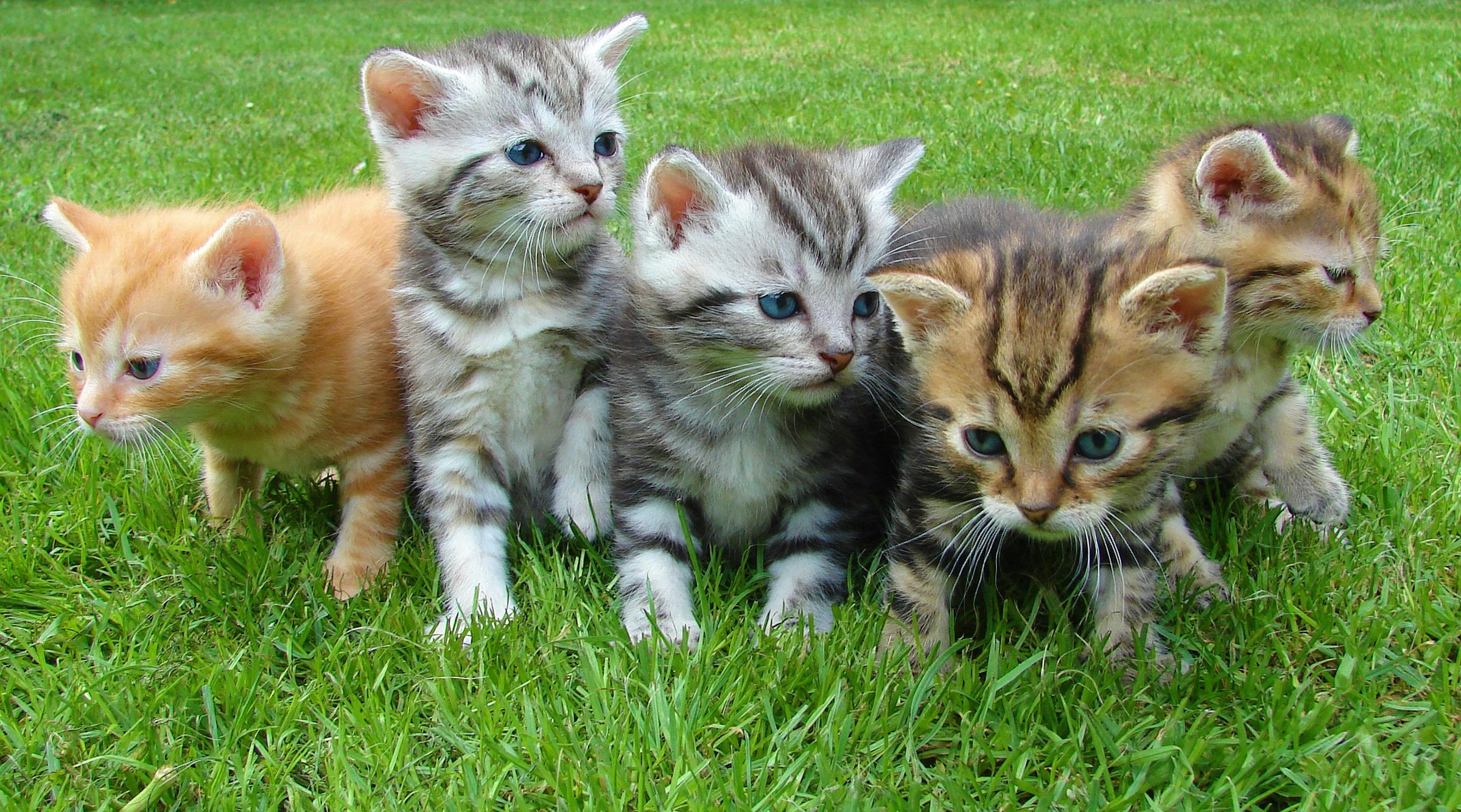Cats are beloved companions who go through various life stages, each with unique needs and characteristics. Understanding these stages is essential for providing the best care possible throughout your cat's life. At Ingleside Animal Hospital, we’re here to guide you through the different life stages of cats and what to expect at each phase.

1. Kitten Stage (0-1 Year)
The kitten stage is a time of rapid growth and development. Kittens are playful, curious, and full of energy. Key aspects of this stage include:
- Socialization: Early socialization is crucial. Expose your kitten to different people, pets, and environments to help them grow into a well-adjusted adult cat.
- Nutrition: Kittens require a high-quality diet formulated for growth. Consult your veterinarian for appropriate feeding guidelines.
- Vaccinations: Start vaccinations early, with a schedule that typically includes shots at 6-8 weeks, 12 weeks, and 16 weeks of age.
- Spaying/Neutering: Discuss the appropriate time for spaying or neutering with your veterinarian, usually recommended around 5-6 months.
2. Young Adult Stage (1-6 Years)
During the young adult stage, your cat is likely to be active, playful, and in good health. Important considerations include:
- Routine Veterinary Care: Annual check-ups are essential to monitor health, update vaccinations, and discuss any behavioral changes.
- Diet and Exercise: Maintain a balanced diet and ensure your cat has opportunities for play and exercise to prevent obesity.
- Behavioral Enrichment: Engage your cat with toys, scratching posts, and interactive play to stimulate their mind and body.
3. Mature Adult Stage (7-10 Years)
As your cat enters the mature adult stage, they may begin to slow down. Health care becomes increasingly important:
- Veterinary Check-ups: Biannual visits are recommended to catch any early signs of age-related health issues.
- Diet Adjustments: Your cat’s nutritional needs may change. Discuss dietary options with your veterinarian to support their health.
- Monitoring for Changes: Keep an eye on any changes in behavior, weight, or litter box habits, as these can indicate health concerns.
4. Senior Stage (11+ Years)
Senior cats require special attention and care as they age. This stage can vary significantly from cat to cat:
- Regular Health Screenings: Increased veterinary visits (at least every six months) can help detect and manage age-related conditions.
- Comfort and Mobility: Provide soft bedding and easy access to food, water, and litter boxes to accommodate any mobility issues.
- Cognitive Health: Be aware of signs of cognitive decline, such as disorientation or changes in sleeping patterns. Your veterinarian can offer strategies to support your senior cat’s mental health.
If you have questions and you'd like to reach out to us, you can call us directly at (602) 833-7511, or you can email us at [email protected]. Don't forget to follow us on social media Facebook, Instagram.
